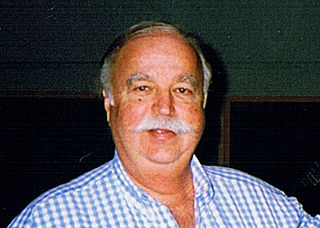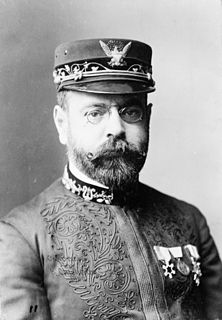A Quote by Clive Barker
Richard Christian Matheson is a master of compression. He knows how to catch a moment in words and convey it straight to the reader's heart.
Related Quotes
When a writer with a voice as good as Richard Christian Matheson's tells you something, you have no choice but to listen. In THE RITUAL OF ILLUSION the voices are legion, and the gaps between their testimonies drag us closer to understanding the darkly beating heart of all our, ephemeral, transfixing dreams. Dark, subtle, horrifically funny.
When I speak in Christian terms or Buddhist terms I'm simply selecting for the moment a dialect. Christian words for me represent the comforting vocabulary of the place I came from hometown voices saying more than the language itself can convey about how welcome and safe I am what the expectations are and where to find food. Buddhist words come from another dialect from the people over the mountain. I've become pretty fluent in Buddhist it helps me to see my home country differently but it will never be speech I can feel completely at home in.
A disciple came to the celebrated Master of the Good Name with a question. “Rabbi, how are we to distinguish between a true master and a fake?” And the master of the good name said, “When you meet a person who poses as a master, ask him a question: whether he knows how to purify your thoughts. If he says that he knows, then he is a fake.
With a lot of what we take to be true feelings, especially on pop records, we feel them because they're cleverly crafted. And because the words are written by somebody who knows how to craft words and draw on those things and convey those feelings. That doesn't mean they're dishonest. But it also doesn't mean that it's all just pure primitive emotion spilling out.
Stage is so important because it teaches me how to convey character with words - how to convey how a character reacts by the way they appear on stage. I can usually tell a playwright from someone who has never written for the stage. Did the character work? Did the dialogue reveal who the character is?
It is easier for the reader to judge, by a thousand times, than for the writer to invent. The writer must summon his Idea out of nowhere, and his characters out of nothing, and catch words as they fly, and nail them to the page. The reader has something to go by and somewhere to start from, given to him freely and with great generosity by the writer. And still the reader feels free to find fault.
There are, occasionally, writers who are able to combine both story and style. They are, of course, the best. You get a spectacular view and you also get to look at it from the backseat of a chauffeur-driven Cadillac. In the field of fantasy, those writers able to combine story-as-narration with story-as-style are even rarer. But there are a few...the late Theodore Sturgeon, the early Ray Bradbury...and Richard Christian Matheson. A brilliant chip off the old block.
The purpose of a fish trap is to catch fish, and when the fish are caught the trap is forgotten. The purpose of a rabbit snare is to catch rabbits. When the rabbits are caught, the snare is forgotten. The purpose of the word is to convey ideas. When the ideas are grasped, the words are forgotten. Where can I find a man who has forgotten words? He is the one I would like to talk to.
The disciples were absorbed in a discussion of Lao-Tzu's dictum: "Those who know, do not say; Those who say, do not know." When the master entered, they asked him what the words meant. Said the master, "Which of you knows the fragrance of a rose?" All of them indicated that they knew. Then he said, "Put it into words." All of them were silent.






































